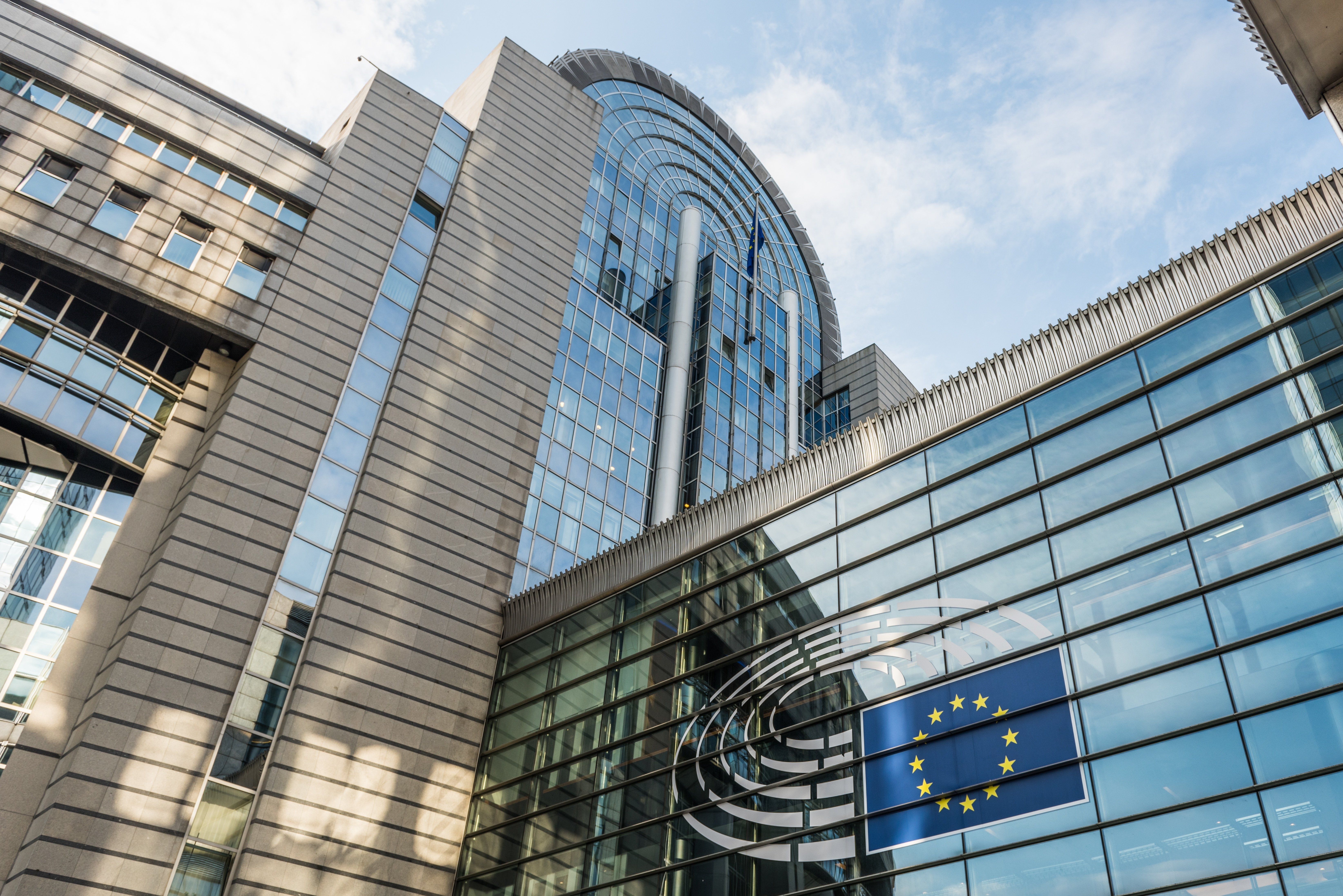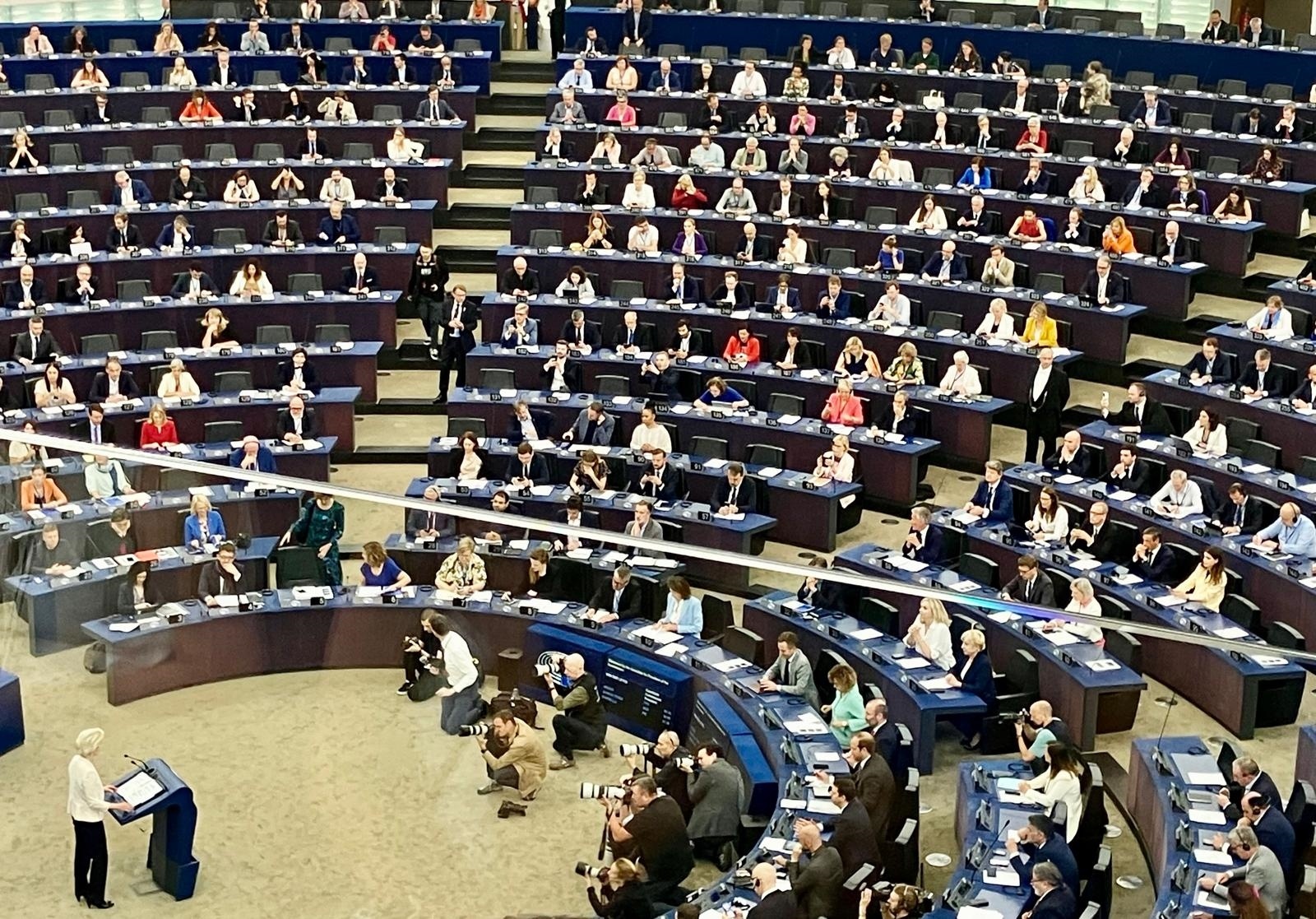What does the future hold for Europe’s e-commerce platforms?
by Shomik Panda on 08 Feb 2019
Inline Policy's Founder Shomik Panda interviewed Richard Stables, the CEO of e-commerce, advertising and price comparison business Kelkoo Group about how e-commerce is changing, the challenges for regulators and the need for a level playing field.
Shomik: Please explain a bit about Kelkoo and how it differs from other e-commerce platforms.Richard: With over twenty years’ e-commerce and digital heritage, Kelkoo Group uses a product suite that provides high quality traffic and increased online sales for e-merchants. Managing 275 million offers daily, we are a dynamic player in e-commerce, connecting consumers and retailers.
Our Kelkoo Group brand offers 14 different branded comparison shopping site (CSS) partners to meet with retailer needs across Europe, including LeGuide, a well-known player in the French e-commerce space. This enables us to cover a vast range of products, meeting with consumer demand for more choice and differing pricing alternatives. We have 2,700 publishers, with well-known brands Amazon and eBay amongst our network partner listing, and reach 40 million e-shoppers monthly. Present in 14 countries across Europe, and 22 countries worldwide, our product suite is designed for ease of use, with the retailer in mind.
Shomik: How do you think consumers’ expectations for the e-commerce experience are evolving?
Richard: The very nature of how consumers browse and shop online is changing, with social media and an increase in experiential gifts meaning that, more and more, consumers are spending with their emotions rather than their wallets. Nevertheless, this does not mean that the e-commerce space cannot profit from these changes, as brands will need to consider how their overall culture can marry up with consumers’ changing values.
E-commerce businesses are also having to deliver increased value to consumers, to ensure that they continue to attract and retain customers. Factors such as improved shipping times and improved returns or exchanges will continue to place online stores at the forefront of shoppers’ minds.
Shomik: And how do you see Kelkoo e-commerce platforms responding to this? What can we expect more or less of?
Richard: Kelkoo Group has expanded its product offering to ensure that the consumer remains first, while accessing an innovative and fair online shopping experience through our comparison shopping sites. The expansion of our latest product offering, Google Shopping Ads by Kelkoo Group, offers online merchants the same quality and quantity of traffic that they would expect from a Google Shopping campaign – but at a fraction of the cost. Despite numerous comparison sites signing up to Google Shopping, Kelkoo Group was the first comparison shopping site to join as a Premium Partner. Our extensive digital experience and knowledge, obtained from our in-house algorithms, truly sets us apart.
Shomik: Regulation of e-commerce platforms is increasingly on the radar of politicians. If Brussels is to improve the business landscape for e-commerce platforms in Europe, where do you think the new European Commission’s focus should be?
Richard: The European Commission will need to increase their focus on consumers, to ensure that the e-commerce business landscape in Europe can continue to grow, while providing an innovative and engaging online experience.
Shomik: If you could wish for one policy change from the European Commission in 2019 for Kelkoo, what would you ask for?
Richard: We would not look for a change but for a continuation of the Commission’s path. We have seen the European Commission place great emphasis on the development and support of the digital industry across Europe; in 2019 and beyond we want to see continued efforts to ensure a level playing field for digital business, for the benefit of European consumers.
Inline comment:
The 2014-2019 European Commission has made e-commerce one of the key parts of the Digital Single Market strategy. A package of legislative measures impacting the sector has been initiated, including a revised Payment Services Directive; new rules on cross-border parcel delivery services; legislation to stop geoblocking; proposed changes to consumer protection rules; and new VAT rules for online sales of goods and services. These changes will benefit consumers of e-commerce websites by bringing online protections closer to those that are given to consumers in the offline world.
The next European Commission, starting at the end of 2019, is likely to maintain a sharp focus on the sector. New policies around data sharing between authorities, individuals and corporates are likely to be developed. Policy and investment recommendations on Artificial Intelligence are expected later this year and will develop further over the course of the Commission term. E-commerce companies will also be paying special attention to any proposed revisions to the EU e-Commerce Directive, which has been in place since 2000, and which contains a liability exemption for online intermediaries that host third party content that is now under threat.
Topics: European Politics, E-commerce, Platforms, Competition policy, Shomik Panda, Tax






Comments